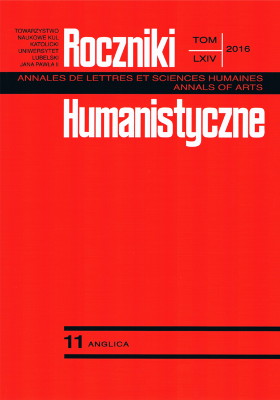Is multi-noun compounding a productive process in English?
Is multi-noun compounding a productive process in English?
Author(s): Sebastian WasakSubject(s): Language and Literature Studies, Theoretical Linguistics, Morphology
Published by: Towarzystwo Naukowe KUL & Katolicki Uniwersytet Lubelski Jana Pawła II
Keywords: compounding; noun; productivity; creativity; lexicalization
Summary/Abstract: The subject matter of this paper is English nominal compounding — the process of putting nouns together to form a new lexical item. More specifically, this paper addresses the issue that is commonly taken for granted in available accounts of compounding, i.e. the recursiveness of English endocentric nominal compounds. Corpus data indicates a great disparity between the frequencies of noun-noun compounds and multi-noun structures. Our study gives possible reasons behind the low number of occurrences of noun compounds composed of more than two words.Corpus evidence points to the conclusion that English multi-noun compounds are typically constructed with nouns that have been previously lexicalized; such lexicalized compounds commonly function as the base for more complex noun structures; the low frequency of multi-noun compounds emerges as a result of insufficient number of lexicalized noun-noun constructs. The small number of multi-noun compounds has no effect on the overall compound productivity as the process of multi-noun compound creation in the mind of a speaker is identical with that of noun-noun compounding — compounding always consists in putting together a modifier and a head, regardless of the number of nouns within a compound. The structure of any compound is a reflection of the way it is created in the mind of a speaker.
Journal: Roczniki Humanistyczne
- Issue Year: 64/2016
- Issue No: 11
- Page Range: 115-133
- Page Count: 19
- Language: English

